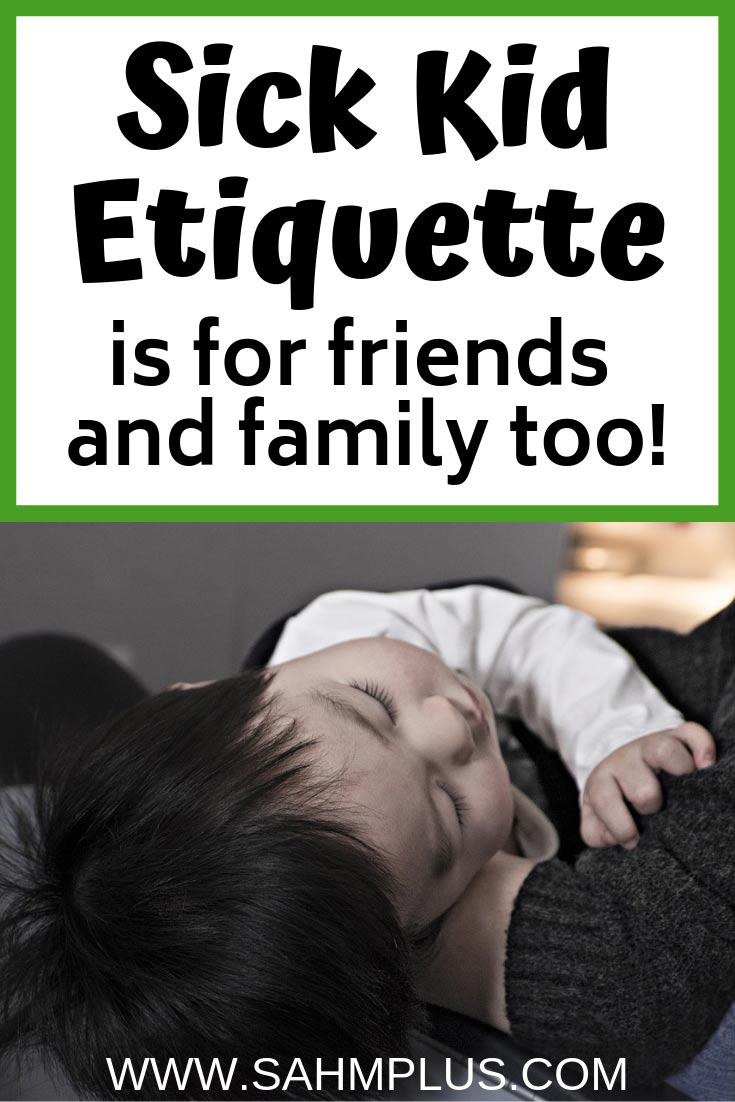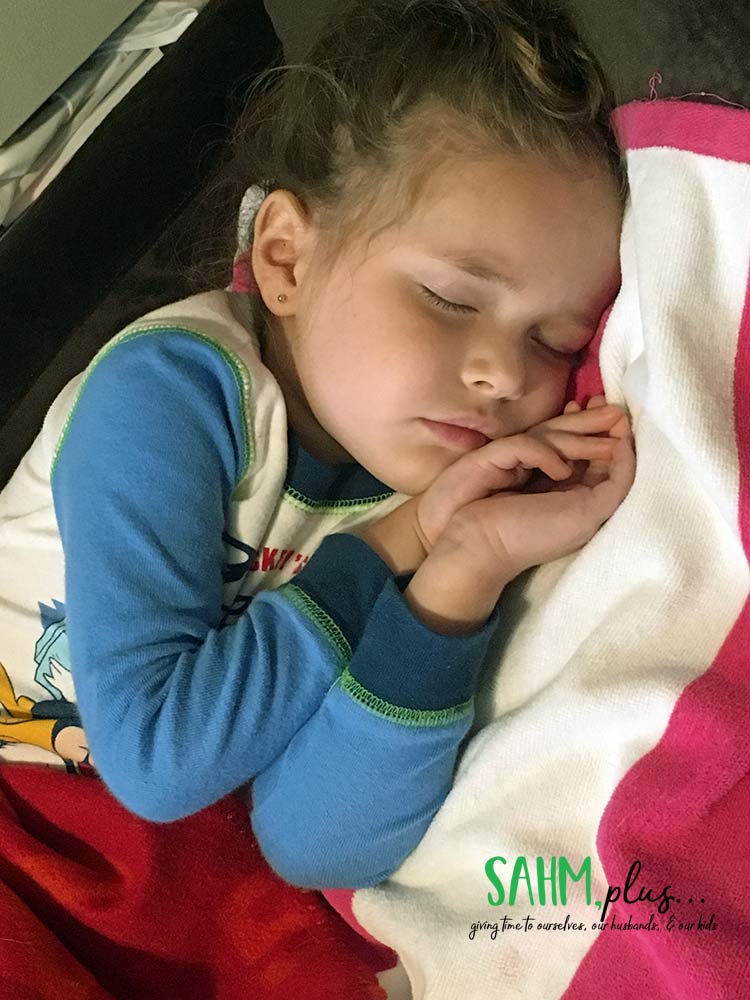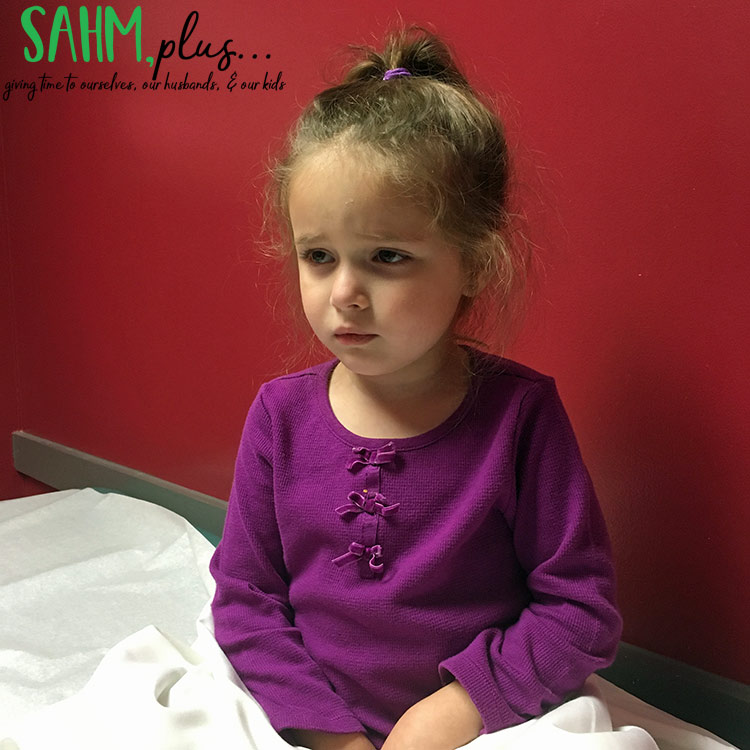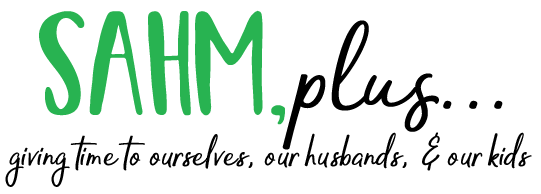Is your child sick or are you questioning their health? This is your guide to parenting and the responsibility to the sick kid etiquette. Your friends and family don’t want to be miserable.
I’ve considered myself pretty lax with my children’s immune systems.
Within a week after having my first baby, we were out dining at Steak ‘N Shake.
The baby dropped her pacifier on the ground? 3-second rule! Wipe it off and put it back in her mouth.
I figured, not being overly cautious helped build her immune system, and this thought process carried over to the second baby.
While we were pretty lenient when it came to everyday germs, we’ve held pretty strong feelings about the sick kid etiquette. We’ve never been fond of exposing our children to others who were knowingly sick. Nor is this something we choose to do to others.
We’ve been on play dates where, later on, my kids came down with something and I’d message the moms to let them know we may have accidentally exposed their children to some kind of illness. And, we’ve been messaged for the same reasons.
It happens.
If you’re reading this, chances are you’ve been the frustrated parent muttering, ‘Did they really have to bring their kid out today?’
The problem is the families who have complete and utter disregard for the sick kid etiquette.
Look, I get it—no one wants to miss out on a fun event because their kid is feeling under the weather. But here’s the thing: showing up with a sick kid isn’t just annoying—it’s downright disrespectful.

What Is Sick Kid Etiquette?
Hey, I know your mama taught you to share, but I’m pretty sure she didn’t mean your kid’s germs! #sickkidetiquette Share on XI like to think the sick kid etiquette is much like any standard daycare or school policy on keeping your kid at home.
Most daycares and schools have sick child policies that outline exactly when to keep your child home from school. Most of those policies involve keeping your child(ren) home for 24 hours after the last sign of illness. These include, but are not limited to:
*Fevers – and by this, they mean 24 hours after a fever has broken without the use of a fever reducer.
*Vomiting
*Diarrhea
*Coughing with significant mucous production or difficulty breathing
*Signs of strep throat
*Pink Eye
*Rash not associated with known eczema or laundry detergent irritation

Sick Kid Etiquette Isn’t Just For Day Care and School
If you know when to keep your kid home from school, you can use the same concept when determining if your child is well enough to be around anyone else.
And while it should go without saying, if they’re not well enough to go out, they’re not well enough to have visitors at your house either.
Trust me when I say, the moms in your playgroup, gym, and even your friends and family will be grateful if you follow the sick child policy, too.
Even if you’re a mom that thinks the 24-hour sick child policy is ridiculous, it’s possible that your family and friends don’t share your outlook.
While you may have some family and friends that don’t care, they’re probably few and far between.
It’s important to remember to be considerate of others.
Think of:
*the single working mom who can’t miss another day of work
*the stay at home mom who already doesn’t have a good work-life balance
*families with very young or elderly family members with weak immune systems
*the families who bought a non-refundable vacation package
*the child who may miss his or her own birthday party
Yes, as a mom I’m incredibly annoyed when you bring your kids around knowing they puked an hour ago and you don’t know why.
But, it’s not just annoying for me or my kids. Think about your own children!
If your child has a fever, had an infection, or just got on antibiotics, their doctor probably ordered rest. And that’s for their benefit! Just as you need rest when you’ve been sick.
No one is above the sick kid etiquette.

Questioning The Sick Kid Etiquette?
The easy (and responsible) answer is to keep your sick kids at home!
Take care of them and give their bodies time to rest and recover. (Want to learn more about how to treat common childhood illnesses? Try reading My Child is Sick! Expert Advice for Managing Common Illnesses and Injuries)
If you’re really not sure if you should have your children around someone else’s, just ask them!
Listen, if you called me up to cancel our playdate because your kiddo suddenly came down with a fever or had some crazy rash appear, I promise I would completely understand.
My kids might be upset, but that’s way better than having to hear them whine about whatever illness they contracted from your kids at a playdate that should have been called off if their health was even remotely questionable.
If your kid vomits an hour before Christmas dinner and you’re not sure why? Call it off. Or at the very least, give your family a warning call so they can decide for themselves if it’s worth the risk of exposing their family to your sick kid.
If they choose to stay home, they’ll miss the turkey and all the fixings’, but better than dealing with sick kids the rest of winter break if it could have been avoided.
I mean, I know your mama taught you to share, but I don’t think she meant for you to share your germs. Right?
The cold hard truth is this:
Parents don’t like it when their kids get sick with something that could have been prevented. We like it when our kids are sick way less than missing out on a party, play date, or family meal.
And, if a parent tells you they don’t judge you for bringing your sick kid around when you could avoid it they’re most likely lying.
Truthfully, most of us feel like you’re being disrespectful of others. And, in the process, you’re teaching your kids to disrespect others, too.
Most parents will question your judgment if you bring your kids around others in times other than emergencies!
And, though your kids may make you feel like it …. missing gymnastics practice or not opening Christmas presents from the family on Christmas day does not constitute an emergency!
Do other parents (and yourself) a favor. Gather your sick kid toolkit, settle in, and revel in the glory that is knowing you didn’t piss off another mama by getting her kids sick, too.
The Quick and Easy Guide to Not Pissing Other Parents Off With Your Sick Kids
Rule #1: Keep Them Home Until They’re Symptom-Free for 24 Hours
If your child has had a fever, vomiting, or diarrhea, they need to be symptom-free for at least 24 hours without medication before going anywhere. That includes playdates, family visits, or school.
Rule #2: When in Doubt, Cancel Plans
If your kid is showing any signs of illness and you’re unsure, it’s better to err on the side of caution. Cancel the playdate or event rather than risk spreading something to others.
Rule #3: Respect Other Parents’ Boundaries
You may be okay with a slight cough or runny nose, but other parents might not be. Always communicate openly, and don’t downplay your child’s symptoms just to avoid confrontation.
Rule #4: No Surprises—Give a Heads-Up
If your child starts showing symptoms right before a scheduled activity or visit, let others know immediately. Send a quick text or call so they can make an informed decision.
Rule #5: Sick Means No Visitors
If your child isn’t well enough to leave the house, they’re not well enough for visitors either. This goes for family and friends, even if they beg to “just stop by for a minute.”
Rule #6: Don’t Push Your Kid to Attend
Sometimes parents are guilty of pushing kids to attend events because of tickets, reservations, or expectations. But a cranky, tired child who’s not feeling 100% isn’t going to have fun—and neither will anyone else.
Rule #7: Don’t Minimize Symptoms for the Sake of Convenience
A little runny nose can quickly turn into something bigger. Downplaying symptoms just to avoid rescheduling is not worth the risk. Keep your child home and keep other kids healthy!
This post “Sick Kid Etiquette” originally appeared on this site 4/24/19 and has been updated.

2 comments
Your blog post was like a warm hug on a cold day. Thank you for spreading positivity and kindness through your words.
You’ve put this together so well, it’s a fantastic read.
Comments are closed.